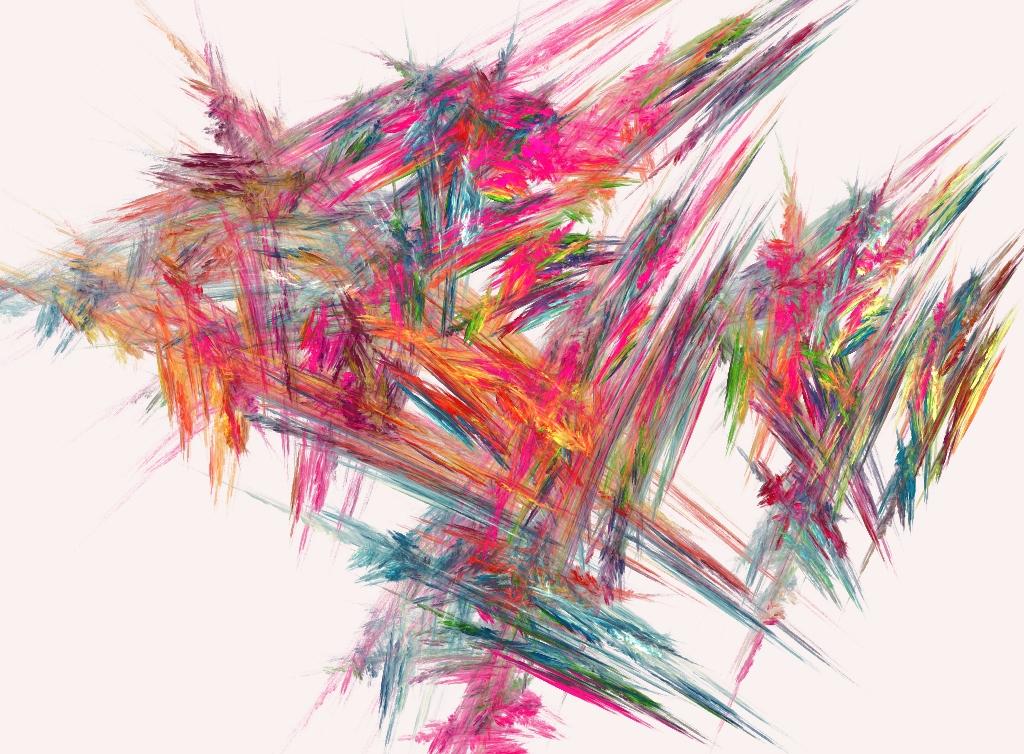Researchers
Associate Professor Christopher Sonn
Dr Rama Agung-Igusti
Project Overview
The current study will be undertaken in partnership with cohealth Arts Generator (cAG), a participatory arts “space” that mobilise arts-based programs and opportunities to increase agency and improve wellbeing for young people from diverse social and cultural backgrounds. At the forefront of this participatory model is the privileging of lived experience, the creation of spaces to speak up and push back, development of critical literacies within the community, and the collaborative creation of new narratives and knowledge. cAG uses participatory arts methodologies, where art is seen as a process and an outcome and is central to the creation of “spaces and times for being, doing and thinking in ways that promote social change that improve the material, spiritual, and psychological lives of those marginalised from power and resources” (Lykes, 2008, p. 387). cAG has a commitment to diversity with overarching goals of promoting equity and social justice, achieved through arts practice. This is evident not only in the projects that it develops and supports, but is also pivotal in its own structures and processes.
Currently cAG is partnered with a creative initiative, Colour Between the Lines (CBTL), which has secured funding through Future Makers for Change, a stream of VicArts’ social impact program which “aims to improve the lives of Victorians through creative experiences and participation, and the application of the creative services” (Creative Victoria, n.d.). The CBTL initiative is run by a collective of six experienced African creative practitioners and seeks to create a culturally safe space that:
– Supports and nurtures young and emerging artists, across a range of disciplines, through skill workshops, mentoring and low cost studio space.
– Offers creative spaces for exhibitions, performances and events, coupled with multimedia representation.
– Offers spaces that foster inter-generational dialogues between young Africans and elders in the community, culminating in large events that work towards wider social change.
– Facilitates critical conversations between the collective, other creatives and scholars from the African community, to explore issues affecting social cohesion and gender equality from African perspectives.
Driven by issues of misrepresentation and misrecognition that occur at both broader and institutional levels, self-determination is central to both the initiative and the spaces it seeks to create. Within the context of public discourse powerful and damaging dominant narratives perpetrated through the media and political rhetoric, construct the African diaspora within Australia as criminal and culturally incompatible (Baak, 2018; Wahlquist, 2018; Windle, 2008). Furthermore, within institutions and work settings, normative cultural values and representations reflective of white privilege, can sustain practices that constrain and limit access, agency and opportunities for self-representation for Africans in Australia (Steyn, 2010). This is also evident in the context of arts and creative industries, access and diversity were both identified as key action areas by Creative Victoria (2015) in its four year creative industries strategy. Whilst there is often institutional language around diversity, inclusion and equity, this can be non-performative, that is, it is not always enacted through structural change, and serve to uphold disempowering practices and mask racial injustice (Ahmed, 2006).
A key goal for CBTL is to mobilise community arts practice to enact self-determination and promote the health and wellbeing of communities with African heritage. This will take the form of building on processes and practices developed through creative practice with cAG that includes enacting a decolonial imperative and placing members of the collective as mentors and leaders of social change. These decolonial, participant-led, and community-oriented processes have laid foundations for CBTL and opened up opportunities to work within the creative industries to effect social change. Hence the aims of CBTL is to create organisational processes that challenge hierarchies grounded in Eurocentric cultural scripts, as well as articulate ways of working and being that are affirmative, empowering, and inclusive. Importantly, CBTL will create spaces that provide platforms and opportunities to build parity and provide access to material and symbolic resources central to meaningful participation in everyday formal and informal settings.
Given this background and goals, researchers from Victoria University, will draw on a collaborative participatory research approach to document CBTL as a social change initiative. Through a process of initial research conversations, a series of guiding questions have been determined:
– How is community arts and cultural practice mobilised for self-determination, deracialisation, and wellbeing?
– How is self-determination evident in the relationship between cAG, cohealth and CBTL?
– What meanings do people share within CBTL, and how do they shape understandings of self, community and racial equity?
Publications
Agung-Igusti, R., & Sonn, C. C., (2020). African-diaspora in Australia narrating stories of belonging through community theatre: Enacting decolonial aesthetics toward epistemic justice. In J. Alfaro Inunza, B. Olivares Espinoza, V. Monreal Alvares, P. Gamonal Corbolan & F. Jennerett Birth (Eds), Dialogos contemporaneos en psicologicia comunitaria: encenarios, problemas y aprendizajes (pp. 44-70). https://issuu.com/libropsicologiacomunitaria/docs/libro_cipc

